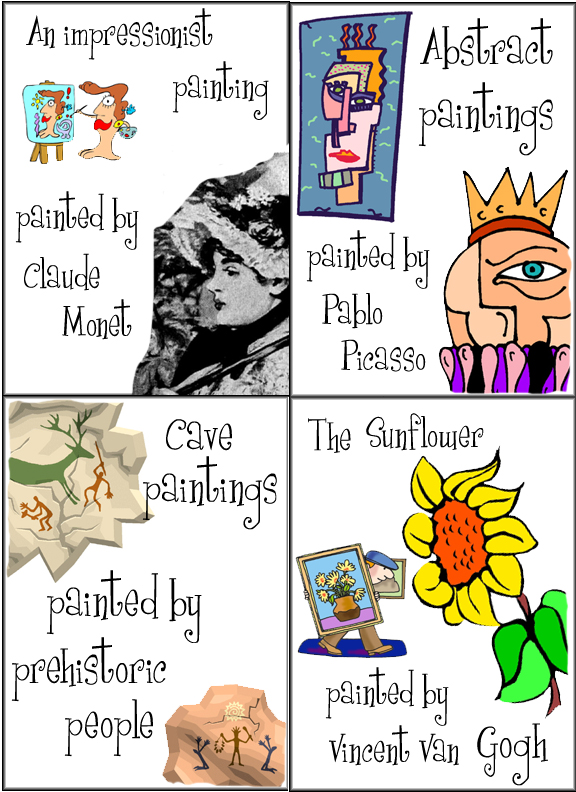Here’s a collection of exercises on the passive voice. I strongly recommend you do them:
- A very simple beginner’s activity: decide whether the sentences are active or passive.
- Practice the present simple passive
- Practice and read some past simple passive sentences.
- Some past continuous passive exercises from a German website.
- Exercise with a variety of verb tenses.
- Another exercise with a variety of verb tenses, especially irregular verbs.
- More variety of tenses here.
- Many tenses (but they won’t give you a clue!) in this French website.
- Advanced practice with different tenses and even passive infinitives.
And before you finish…
Why don’t you try to find the missing verbs for these pictures?




 Spam is a word that can be translated as ‘correu no desitjat’. The origin of this word is quite curious. It was invented by the Monty Python, a group of British comedians, in an improvised act.
Spam is a word that can be translated as ‘correu no desitjat’. The origin of this word is quite curious. It was invented by the Monty Python, a group of British comedians, in an improvised act.